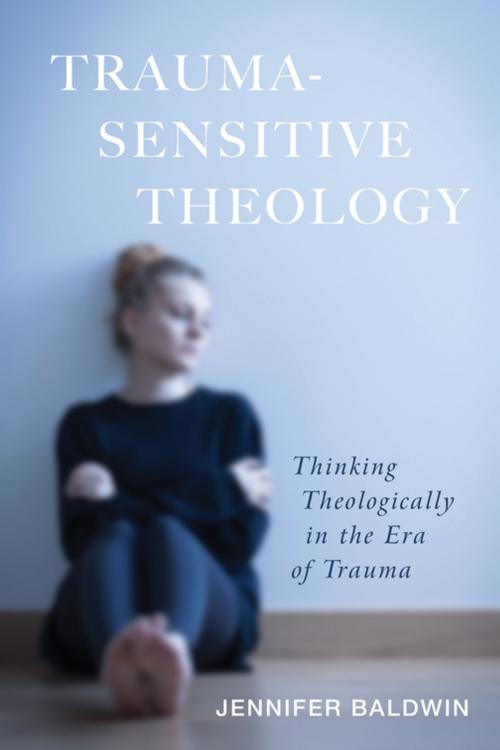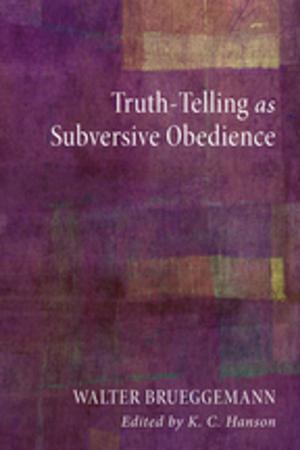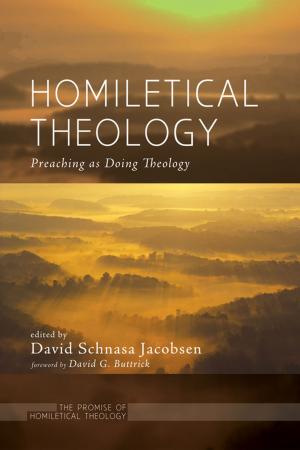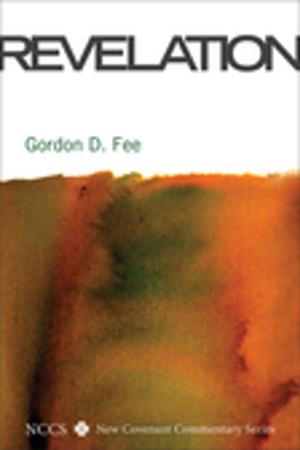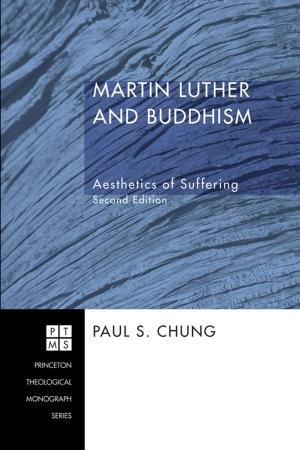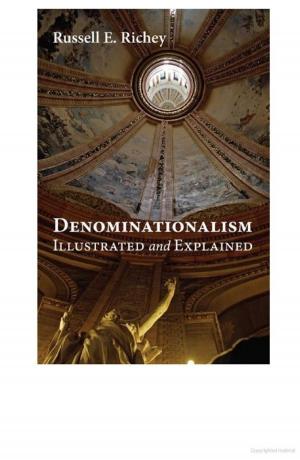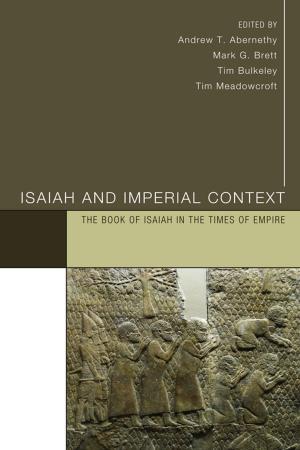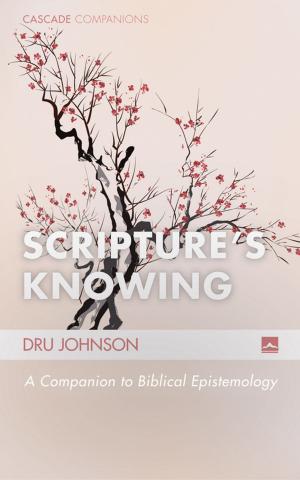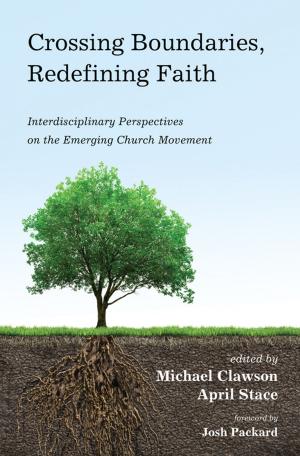Trauma-Sensitive Theology
Thinking Theologically in the Era of Trauma
Nonfiction, Health & Well Being, Psychology, Psychotherapy, Religion & Spirituality, Theology, Christianity| Author: | Jennifer Baldwin | ISBN: | 9781532643132 |
| Publisher: | Wipf and Stock Publishers | Publication: | September 20, 2018 |
| Imprint: | Cascade Books | Language: | English |
| Author: | Jennifer Baldwin |
| ISBN: | 9781532643132 |
| Publisher: | Wipf and Stock Publishers |
| Publication: | September 20, 2018 |
| Imprint: | Cascade Books |
| Language: | English |
The intention of Trauma Sensitive Theology is to help theologians, professors, clergy, spiritual care givers, and therapists speak well of God and faith without further wounding survivors of trauma. It explores the nature of traumatic exposure, response, processing, and recovery and its impact on constructive theology and pastoral leadership and care. Through the lenses of contemporary traumatology, somatics, and the Internal Family Systems model of psychotherapy, the text offers a framework for seeing trauma and its impact in the lives of individuals, communities, society, and within our own sacred texts. It argues that care of traumatic wounding must include all dimensions of the human person, including our spiritual practices, religious rituals and community participation, and theological thinking. As such, clergy and spiritual care professionals have an important role to play in the recovery of traumatic wounding and fostering of resiliency. This book explores how trauma-informed congregational leaders can facilitate resiliency and offers one way of thinking theologically in response to traumatizing abuses of relational power and our resources for restoration.
The intention of Trauma Sensitive Theology is to help theologians, professors, clergy, spiritual care givers, and therapists speak well of God and faith without further wounding survivors of trauma. It explores the nature of traumatic exposure, response, processing, and recovery and its impact on constructive theology and pastoral leadership and care. Through the lenses of contemporary traumatology, somatics, and the Internal Family Systems model of psychotherapy, the text offers a framework for seeing trauma and its impact in the lives of individuals, communities, society, and within our own sacred texts. It argues that care of traumatic wounding must include all dimensions of the human person, including our spiritual practices, religious rituals and community participation, and theological thinking. As such, clergy and spiritual care professionals have an important role to play in the recovery of traumatic wounding and fostering of resiliency. This book explores how trauma-informed congregational leaders can facilitate resiliency and offers one way of thinking theologically in response to traumatizing abuses of relational power and our resources for restoration.
